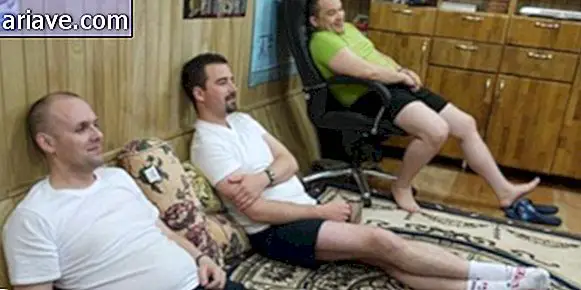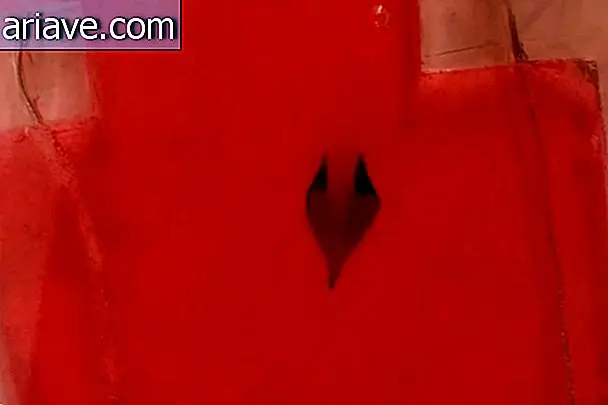Brain-controlled gloves help recovery from stroke victims
A new mechanical glove developed by Washington University of Medicine in St. Louis, promises to aid in the recovery of stroke victims. Known as Ipsihand, the novelty connects directly to the brain to help patients "relearn" how to properly control their hands.
The device takes the form of both a glove and a bracelet and is combined with a noninvasive electroencephalography cap and a computer that amplifies the transmitted signals. "We have demonstrated that a computer-brain interface using an undamaged hemisphere can achieve significant recovery in chronic stroke patients, " said Eric Leuthardt, senior co-author of the study.

Ipsihand works on the assumption that your hands are controlled by opposing hemispheres of the brain: the left part controls your right hand, for example. In a healthy organ, the controls made by the left hemisphere are triggered a fraction of a second earlier by the right, which signals that there is intention to move - and it is precisely the sign of that intention that serves as the basis for the mechanical hand to function.
"The idea is that if you can combine these motor signals associated with limb movement on the same side with the hand movements themselves, new connections will be created in your brain that allow undamaged areas to take control of the paralyzed hand, " he explains. Leuthardt
Significant Results
During the testing phase of the program, 10 of the 13 recruited patients were able to perform the task of using Ipsihand at intervals ranging from 10 minutes to two hours a day for five days a week - in all, the experiment lasted 12 weeks. After the end of this period, patients increase their performance by 6.2 points on a 57-point scale linked to different aspects of mechanical skills.

According to Leuthardt, this is a very surprising result that should greatly improve the quality of life of patients. He believes that as brain signal detection technology improves, even more stroke victims will be able to accelerate the recovery of motor functions.
Via TecMundo.











